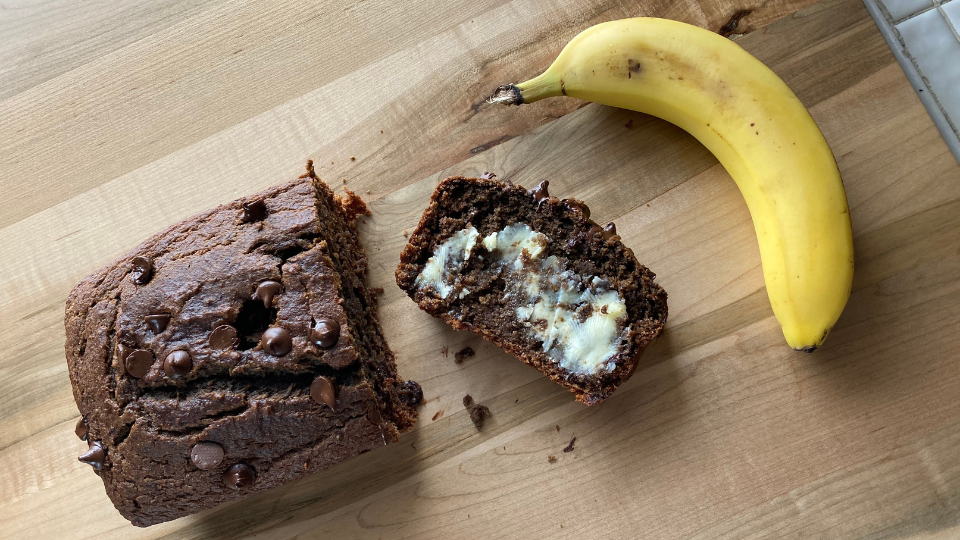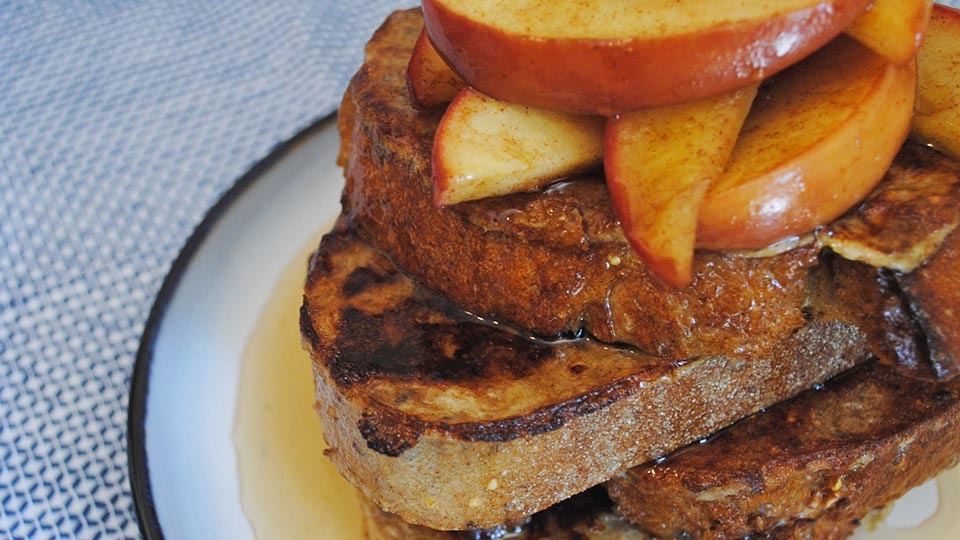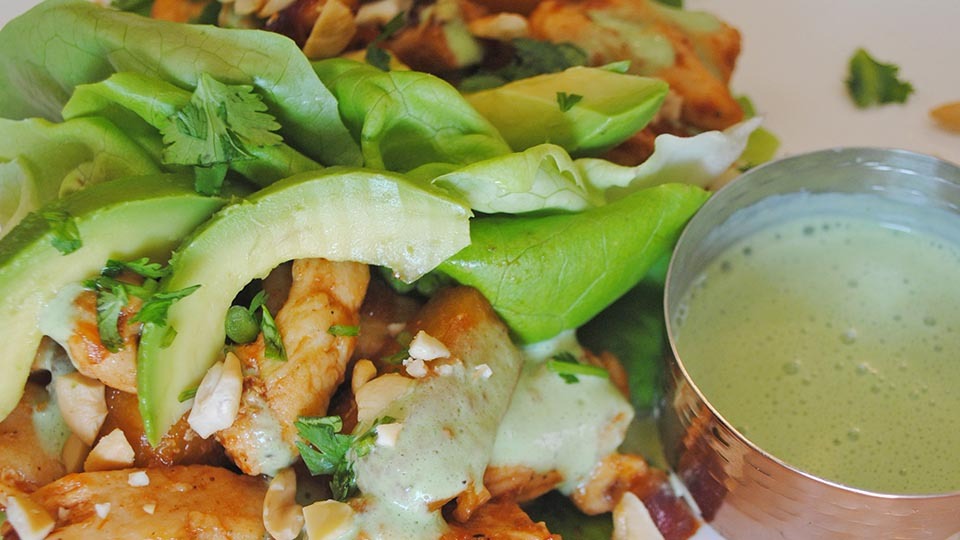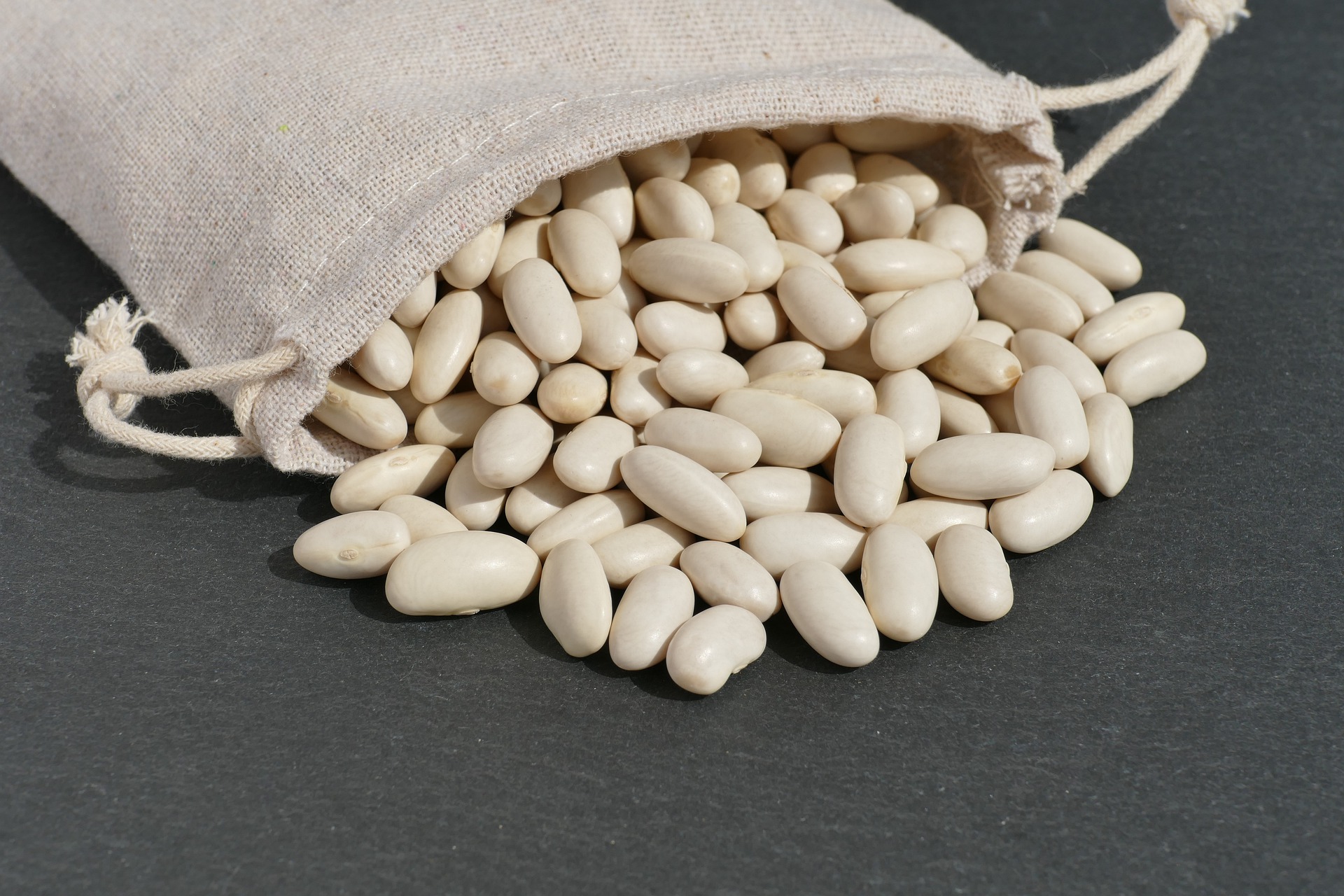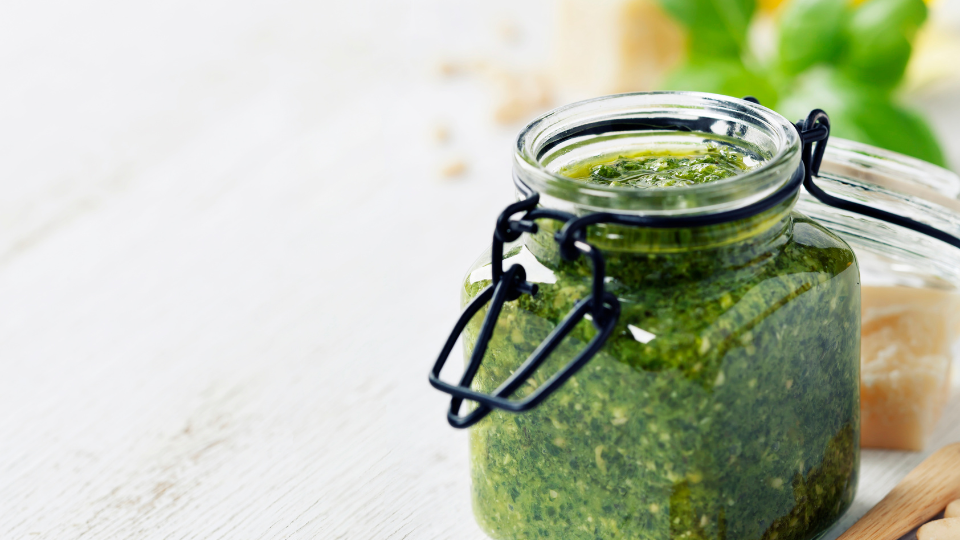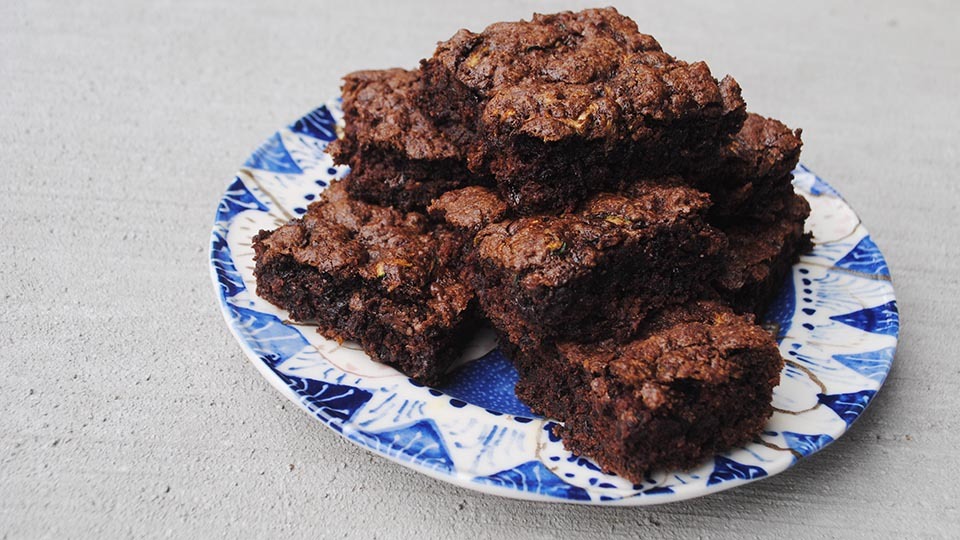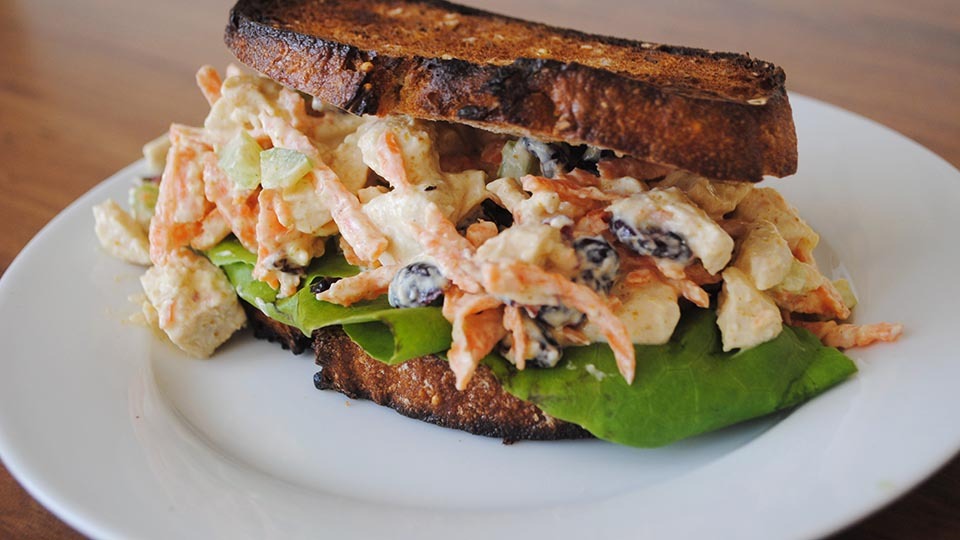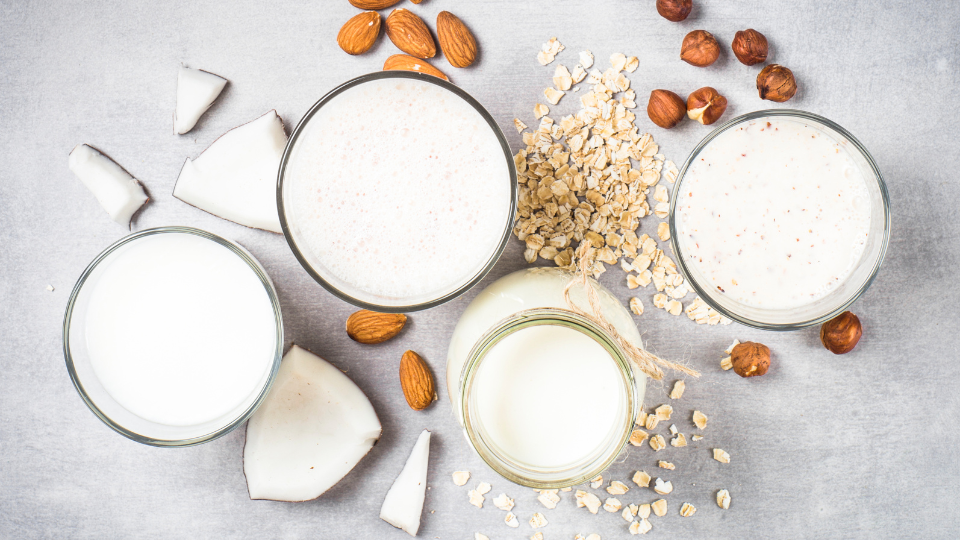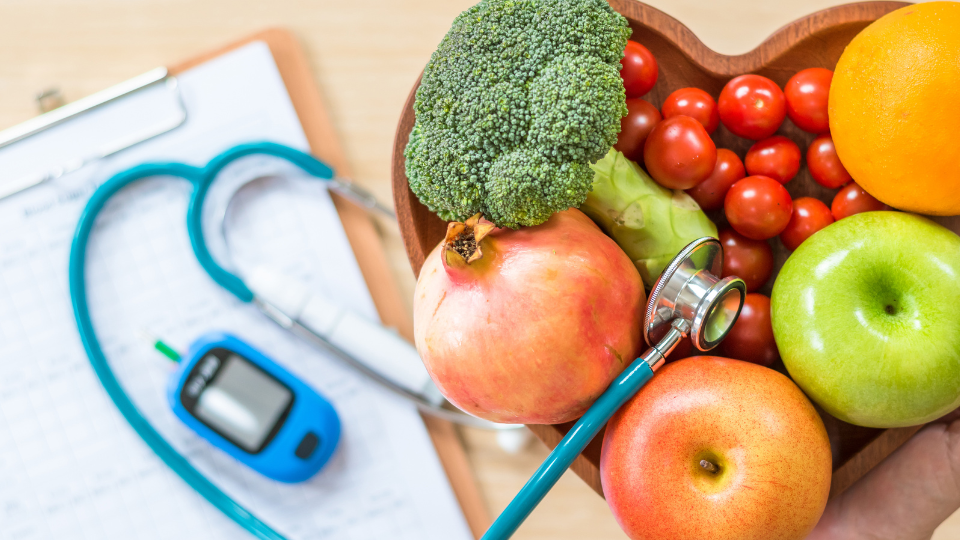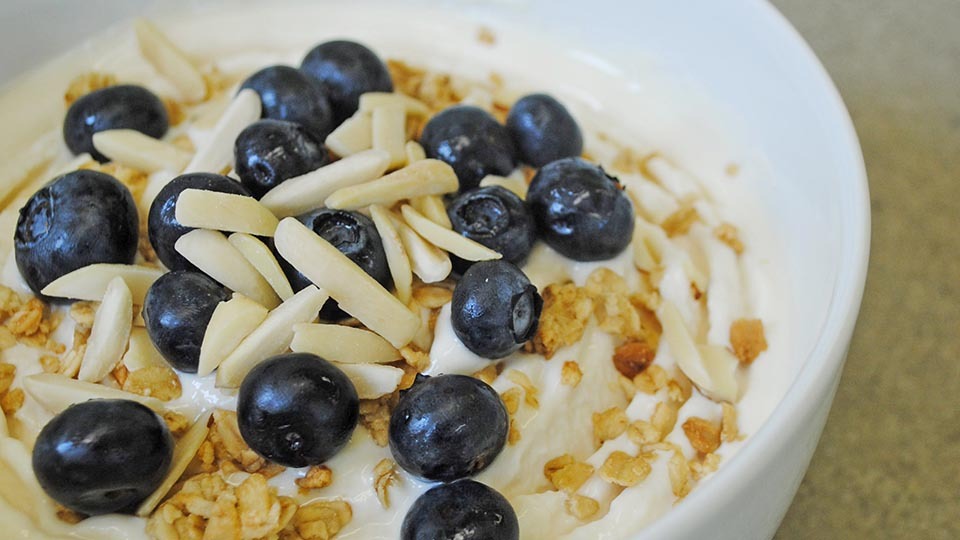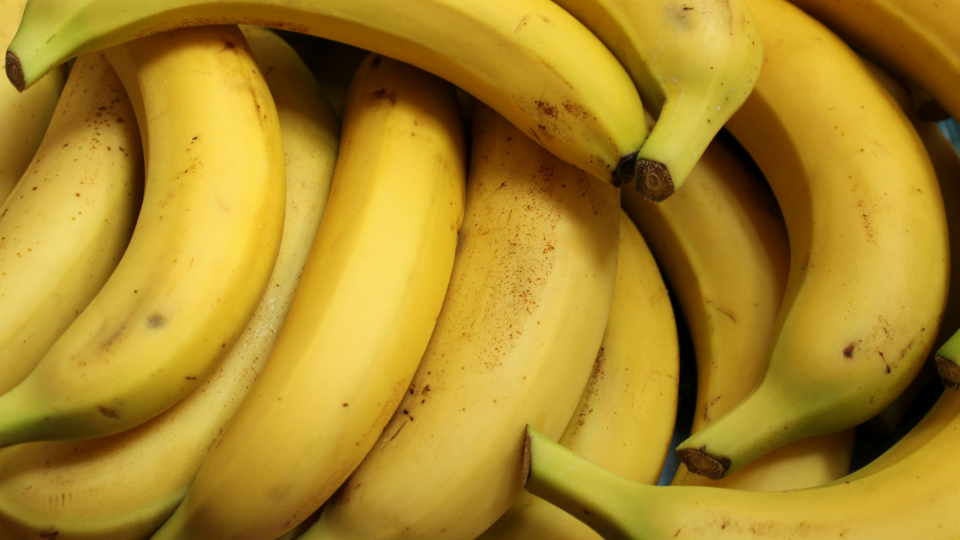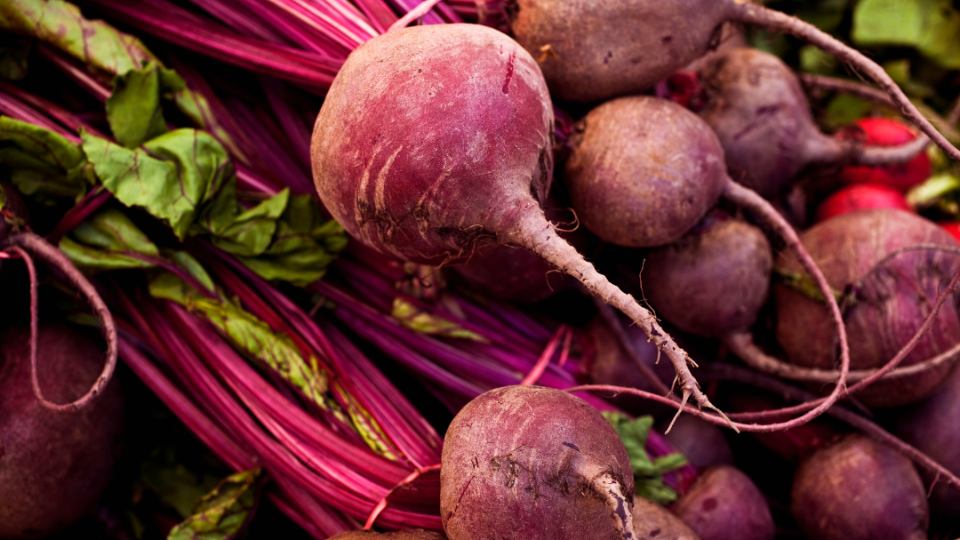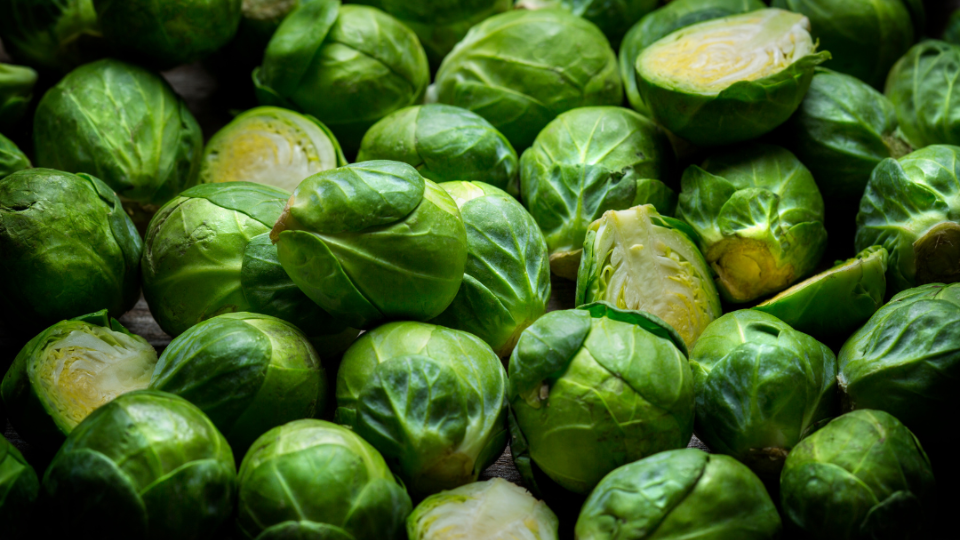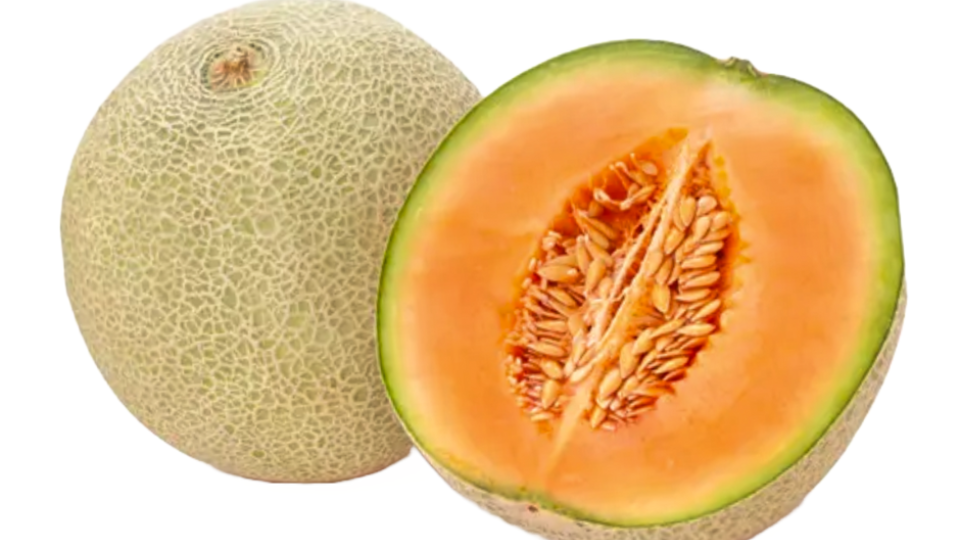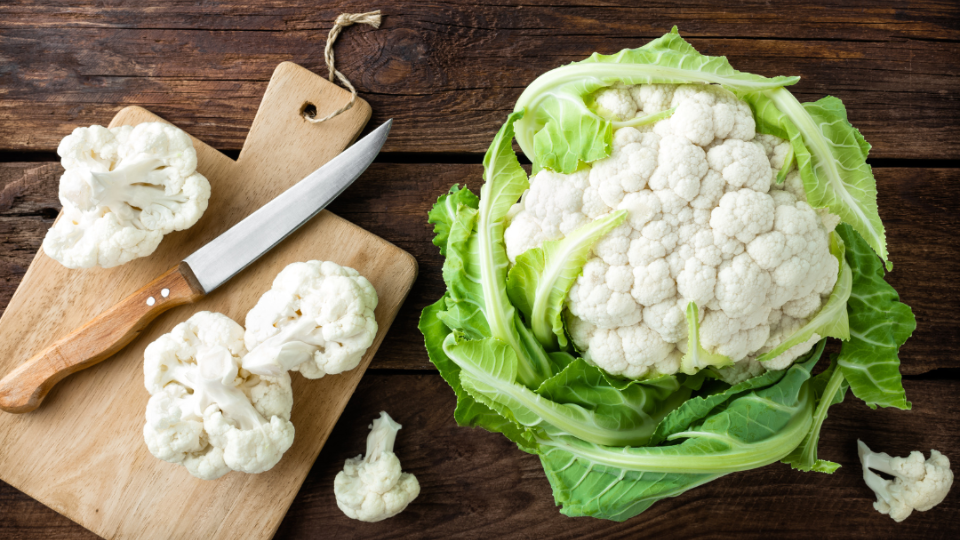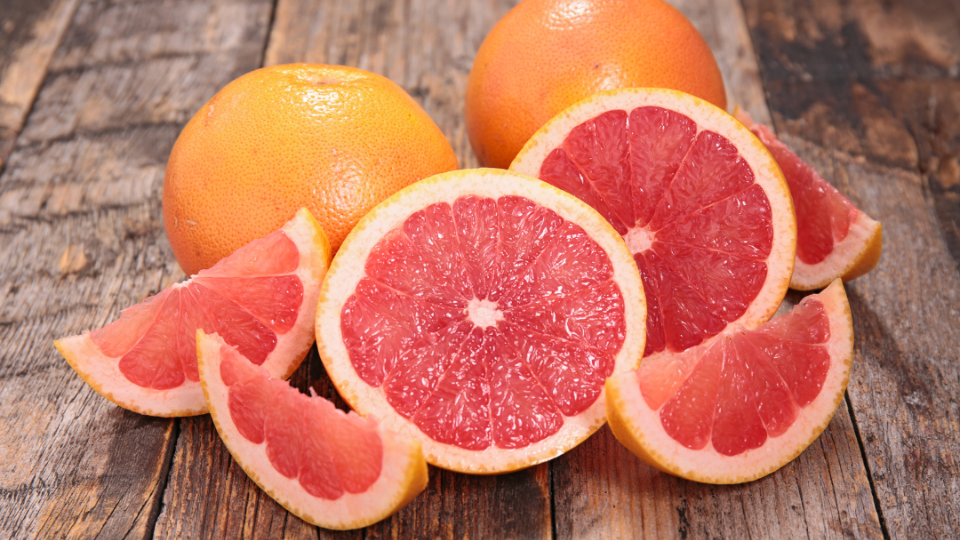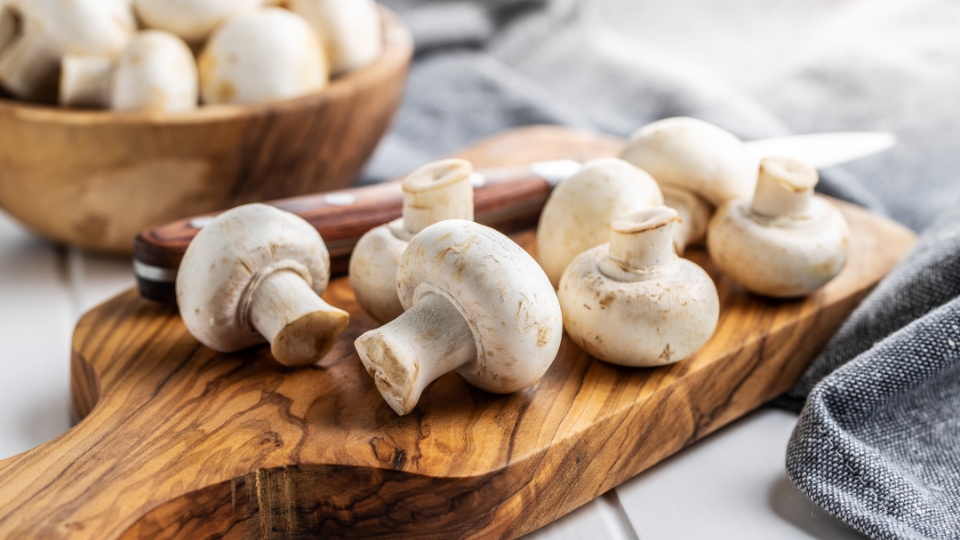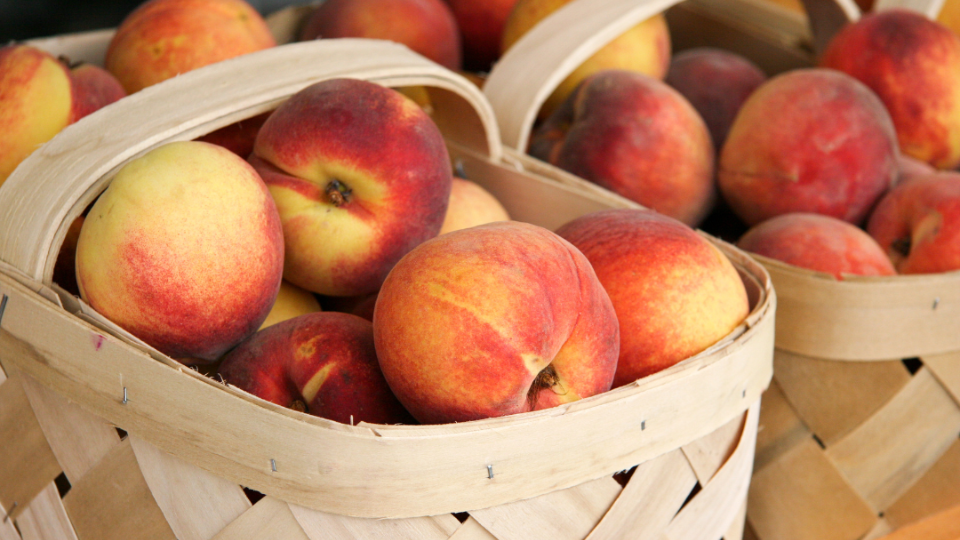Impact of Diet on Parkinson's Disease

Parkinson's Disease (PD) is a systemic disease that affects a substantial number of adults in the United States. Over 1 million US adults are afflicted with this disease and the number of people being diagnosed with PD every year is on the rise. It is expected that PD diagnosis will reach 1.2 million adults by 2030. PD is not curable, but current research suggests that diet may play a key role in the development and management of the disease. Individuals diagnosed with PD tend to have a lower diet quality and tend to eat more added sugar than those without the disease. The accumulation of neural proteins in the brain, oxidative stress, inflammation, and imbalance in the gut are key contributors to PD. This article will review what is currently known about the relationship between diet and Parkinson's Disease.
Historically, general dietary recommendations are difficult to make for patients with PD as the associations with this disease and diet are just now being understood. There are some emerging themes in research that are suggesting specific changes in diet for PD patients to slow down symptom progression. Adopting a generally healthy diet that is rich in antioxidants and anti-inflammatory foods may improve the quality of life for individuals with PD. An anti-inflammatory diet includes eating more fruits, vegetables, and whole grains and eating less added sugar and salt. Anti-inflammatory diets have been shown to reduce fatigue, depression, and oxidative stress occurring in the body due to PD. Research is suggesting that overall diet quality is more important than eating, or avoiding, specific foods.
Moderating the amount of protein eaten due to medication interaction is a concern for some patients with PD. Dietary amino acids found in protein foods interact with Levodopa, a common medication used to treat PD. Despite this, it is important to only moderate protein intake instead of restricting it. Weight loss is a major concern for PD patients and eating too little protein could make weight loss worse and accelerate disease progression. Using a protein redistribution diet may be helpful for some patients of PD, consulting a medical professional to learn more about this technique, and if it would be helpful is suggested. Plant sources of protein are considered the best sources because they also contain antioxidants that are part of an anti-inflammatory diet.

An additional area of dietary concern is connected to another medication used to treat PD. Individuals with PD produce less dopamine because some of the cells in their brain that produce dopamine die. A common medication taken by PD patients increases dopamine production from healthy brain cells to mimic typical brain function and reduce PD symptoms. This medication increases the dopamine in the brain and improves muscle and nerve function, but it also creates craving for foods that are high in added sugars. If individuals with PD eat larger amounts of high sugar and trans-fat foods it is likely that the intensity and progression of PD symptoms will increase, reversing the beneficial effects of the medication.
Also, the state of gut health is starting to emerge as a major theme in PD symptom management. New research is suggesting that individuals with PD have different types of gut bacteria than those without PD. This preliminary research suggests that individuals with PD tend to eat more fat, particularly saturated fat, which creates low grade inflammation in the body and increases oxidative stress. Stress and inflammation increase the risk for development of PD and worsening symptoms of the disease over time. There is good evidence that improved gut health can improve symptom severity and disease progression. The best way to improve the health of our gut bacteria is to eat foods with high amounts of fiber like fruits and vegetables, nuts and seeds, and whole grains. Taking probiotic supplements can also improve GI symptoms, relieve constipation, improve motor skills, and reduce anxiety and depression.
The types of food eaten regularly can improve gut health and decrease the intensity of PD symptoms. Following a Mediterranean (MED) or Mediterranean-DASH Intervention for Neurodegenerative Delay (MIND) diet may have the greatest impact on PD symptoms and disease progression. Both diets emphasize eating large amounts of fruits and vegetables which are high in antioxidants like vitamin E and vitamin C. Individuals that follow the MED or MIND dietary patterns most of the time have a lower risk of developing PD and less severe symptoms for those diagnosed with the disease. These diets focus on eating more olive oil, fresh fruits and vegetables, fish, poultry, beans, nuts, and wine. The MIND diet puts an extra emphasis on eating green leafy vegetables, berries, and beans.
While research on the relationship between diet and Parkinson's Disease is ongoing, adopting a balanced, antioxidant-rich, and anti-inflammatory diet may improve symptoms and overall quality of life for individuals with PD. Further research is needed to create a dietary pattern specific to the treatment of PD. However, the recommendations made in this article are healthy for everyone but may have a more significant effect on individuals with Parkinson’s Disease.
Take Away Recommendations:
Eat less:
- Carbohydrates
- Added sugar
- Red meat
- Full-fat dairy
- Refined pastries
- Fried foods
Eat more:
- Fruits
- Vegetables
- Whole grains
- Olive Oil
Eat in moderation:
- Legumes (Velvet and Fava beans)
- Chicken or turkey
- Fish
- Nuts
- Seeds
- Dairy Products
Sample Menu: This menu is a tool to provide you with ideas on the types of foods that fit in a MED or MIND diet. Changing your diet will be more successful if you introduce a few of these foods into your diet at a time. Don’t be afraid to substitute some of your favorite foods that fit this dietary pattern!
|
|
Monday |
Tuesday |
Wednesday |
Thursday |
Friday |
Saturday |
Sunday |
|---|---|---|---|---|---|---|---|
|
Breakfast |
Cooked oats Raspberries or Blueberries Low-fat milk |
Almond Whole Wheat Toaster Waffles with berries |
Veggie and cheese scramble Whole wheat toast |
Whole grain pancakes with blueberry compote |
Low-sugar granola Banana Low-fat yogurt |
Blueberry overnight oats With low-fat milk |
Muffin tin egg bites |
|
Snack |
Raw Veggies and Hummus |
Apples and peanut butter |
Nut and dried fruit trail mix |
Tuna and whole grain crackers |
Pomegranate seeds |
Crunchy chickpeas |
|
|
Lunch |
Hummus avocado whole-wheat toast |
Chicken spinach salad |
Italian bean salad with fava beans
|
Egg salad sandwich on whole grain bread
|
Kale and spinach salad with Grilled salmon |
||
|
Snack |
Dark chocolate and nut mix |
Strawberries and Greek yogurt |
Nut butter energy bites |
Guacamole and whole grain crackers |
Berries |
Cucumbers and cottage cheese |
Flavored popcorn |
|
Dinner |
White Chicken Chili with Spinach-walnut salad |
With marinated coleslaw |
Black bean chipotle burrito bowl with roasted cauliflower
|
Shrimp sheet pan bake with sweet potatoes and Brussell sprouts |
Grilled lemon chicken breast with Pomegranate feta salad |
Whole grain toast |
Resources:
- Agnieszka, W., Paweł, P., & Małgorzata, K. (2022). How to Optimize the Effectiveness and Safety of Parkinson’s Disease Therapy? – A Systematic Review of Drugs Interactions with Food and Dietary Supplements. Current Neuropharmacology, 20(7), 1427–1447. https://doi.org/10.2174/1570159X19666211116142806
- Bianchi, C. M., Egnell, M., Huneau, J.-F., & Mariotti, F. (2016). Plant Protein Intake and Dietary Diversity Are Independently Associated with Nutrient Adequacy in French Adults. The Journal of Nutrition, 146(11), 2351–2360. https://doi.org/10.3945/jn.116.236869
- Carrasco, M., Camara, A., & Compta, Y. (2023). Healthy diet versus added sugars and unsaturated fatty acids in Parkinson’s disease: Food for thought. Parkinsonism & Related Disorders, 115, 105865. https://doi.org/10.1016/j.parkreldis.2023.105865
- De Queiroz Cavalcanti, S. A., De Almeida, L. A., & Gasparotto, J. (2023). Effects of a high saturated fatty acid diet on the intestinal microbiota modification and associated impacts on Parkinson’s disease development. Journal of Neuroimmunology, 382, 578171. https://doi.org/10.1016/j.jneuroim.2023.578171
- Fox, D. J., Park, S. J., & Mischley, L. K. (2022). Comparison of Associations between MIND and Mediterranean Diet Scores with Patient-Reported Outcomes in Parkinson’s Disease. Nutrients, 14(23), Article 23. https://doi.org/10.3390/nu14235185
- Kwon, D., Folle, A. D., Del Rosario, I., Zhang, K., Paul, K. C., Keener, A. M., Bronstein, J. M., & Ritz, B. (2023). Diet quality and Parkinson’s disease: Potential strategies for non-motor symptom management. Parkinsonism & Related Disorders, 115, 105816. https://doi.org/10.1016/j.parkreldis.2023.105816
- Lawrie, S., Coe, S., Mansoubi, M., Welch, J., Razzaque, J., Hu, M. T., & Dawes, H. (2023). Dietary Patterns and Nonmotor Symptoms in Parkinson’s Disease: A Cross-Sectional Analysis. Journal of the American Nutrition Association, 42(4), 393–402. https://doi.org/10.1080/07315724.2022.2056544
- Paknahad, Z., Sheklabadi, E., Moravejolahkami, A. R., Chitsaz, A., & Hassanzadeh, A. (2022). The effects of Mediterranean diet on severity of disease and serum Total Antioxidant Capacity (TAC) in patients with Parkinson’s disease: A single center, randomized controlled trial. Nutritional Neuroscience, 25(2), 313–320.
- Santa Cruz, J. (2023). Diet’s Role in Parkinson’s Disease. Today’s Dietitian, 25(7), 32–35.
Authors
Related Research




